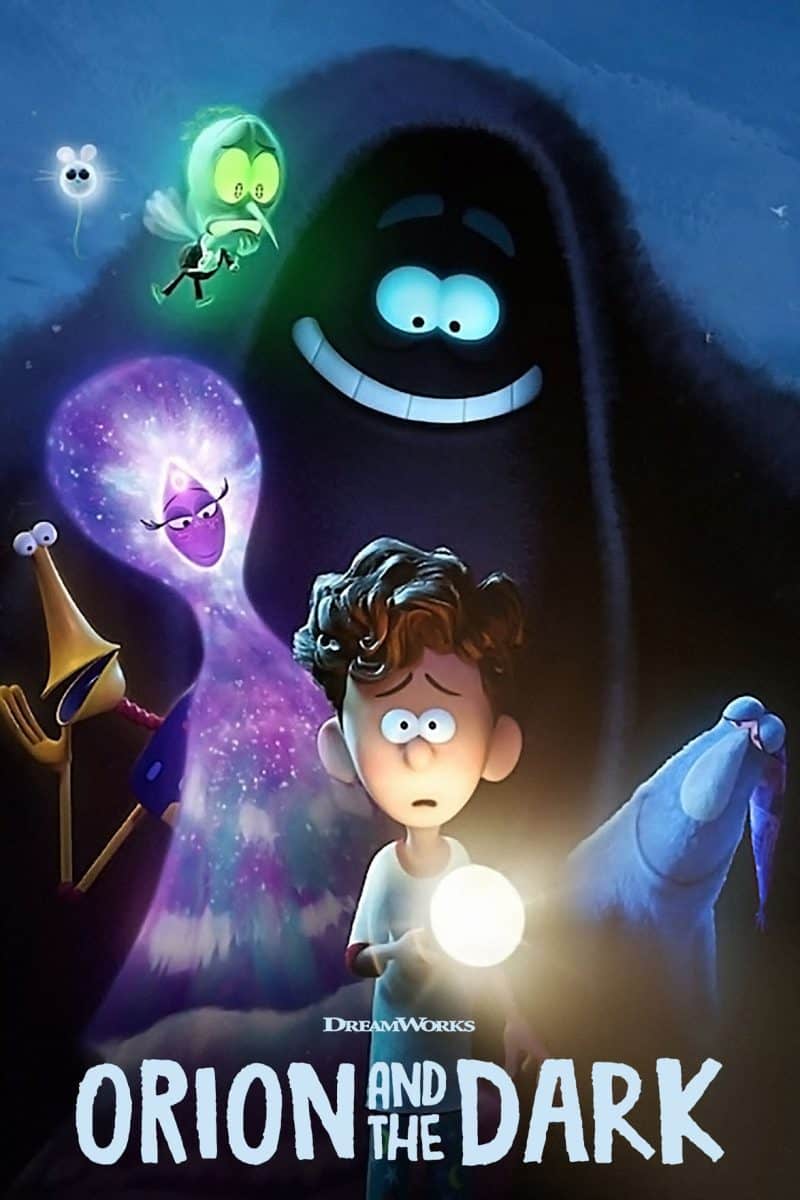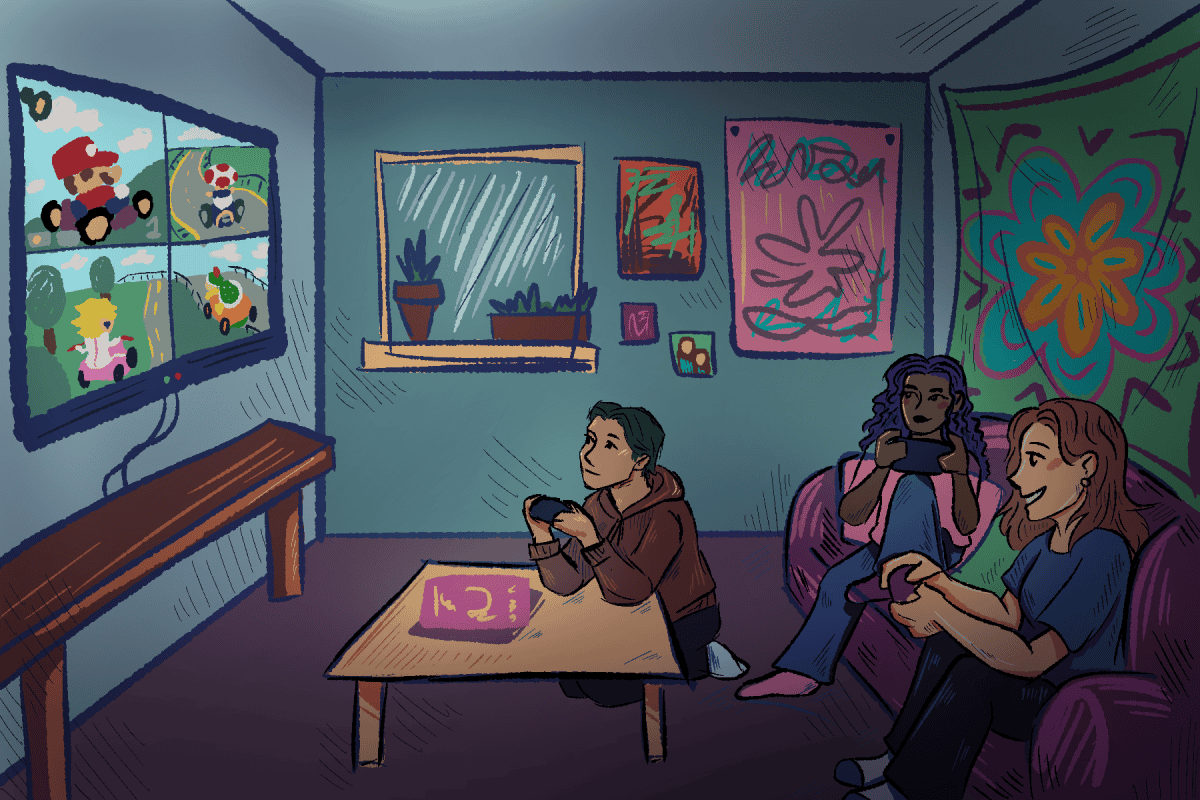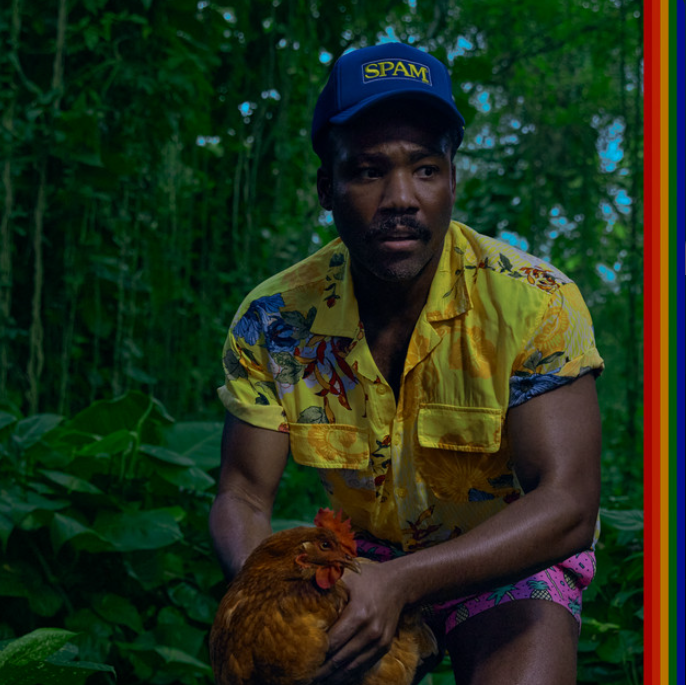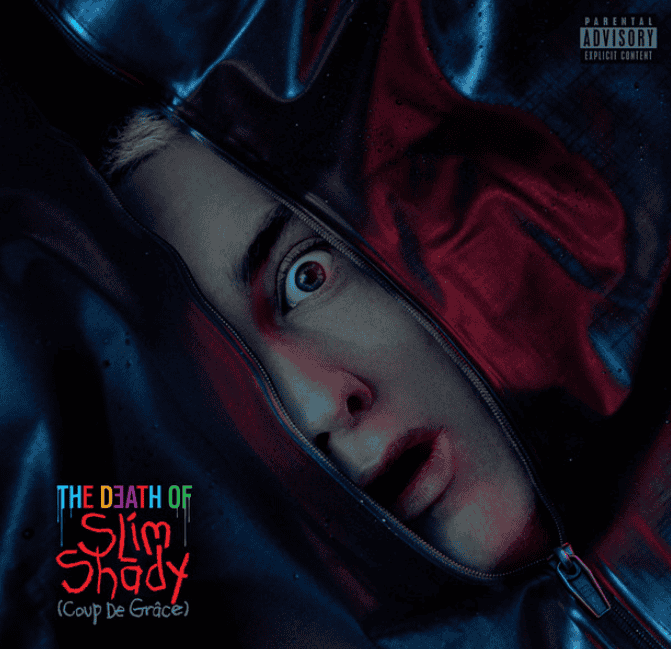In Rotten Tomatoes’ blurb summarizing the critical consensus and lending words to the Tomatometer, “Orion and the Dark” is described as “an uncommonly ambitious animated film” with a “screenplay that isn’t afraid to tangle with existential ideas.”
It has garnered praise from critics and the masses alike, and rightfully so. Rotten Tomatoes’ appraisal hits the nail on the head: The latest screenplay penned by the renowned Charlie Kaufman, who has been mostly absent from the Hollywood scene since his potent writer-director outing in “I’m Thinking of Ending Things,” is the consummate example of ostensible children’s fiction with appeal to all viewers. It’s incredibly thought-provoking, and it treats the act of storytelling with deserved reverence, honoring the power of narratives to strengthen relationships and bring emotional healing across limitless generations.
The scope begins broad, opening with a focus on the 11-year-old Orion, who, while brilliant and precocious, is plagued with severe anxiety. It’s a simple start, but Kaufman infuses it with gut-wrenching subtext; the strength of Orion’s fears, ranging from dogs to bullies to the mere possibility of incorrectly pronouncing the correct answer to a question, is played for humor but is hard-hitting beneath the surface. Although his crippling fear of essentially anything that could go wrong is masked with intelligent and rational-sounding explanations, the fear has such a stranglehold over his well-being that one can’t help but sympathize with his helplessness.
Every scene from beginning to end abounds with gorgeously quirky imagery, but it’s in this opening stretch that it blends most effectively with emotions. Orion’s imagination is depicted in its full grandeur, helping to explain how he can conceptualize and then be terrified by such elaborate doom scenarios.
By keeping things basic and giving dedicated attention to the troubled and perhaps tortured mental state of the protagonist, these early moments lay a solid foundation for the rest of the movie’s ambitious and expansive ideas.
Chief among these ideas, and half of the film’s namesake, is the personification of darkness. It isn’t just Dark, however, but his nighttime companions, including Sleep, Random Noises, Quiet, Insomnia and Sweet Dreams. The inclusion of somewhat arbitrary phenomena like Random Noises and Insomnia admittedly opens the door for endless additions — if Random Noises, why not night terrors, sleep paralysis, narcolepsy and the like? — but regardless, each agent of the night is characterized with vividness and vibrance.
These interesting philosophical concepts are sustained until the credits roll. While, like the inclusions in the nighttime crew, some aspects seem a bit inconsistent and random, they never short the viewer an exercise in intellectual legwork. It’s a Charlie Kaufman specialty — foolproof or faulty, his work will never fail to make one think.
Where he really shines in this screenplay is in the close meditation on storytelling. This is accomplished through a unique use of frame narrative rarely seen in children’s cinema. Even in movies that use the technique in dedicated capacity — 2012’s “The Lorax” comes to mind — it’s hard to find such unorthodoxy as is featured here. The story of young Orion’s adventure with Dark is told by a middle-aged Orion to his daughter, who has the same struggles of worrying and overthinking. What’s intriguing is that it is openly acknowledged to be fiction, a bedtime story being made up on the fly. Orion’s daughter, named Hypatia after the famed ancient Alexandrian philosopher, is allowed to actively participate in forming this narrative, molding it to what would work best to break her chains of fear.
This is the entry point to the movie’s masterful portrayal of storytelling. As if the format weren’t funky enough, it only gets weirder and more intricate. After what would be considered a traditional climax — in which Orion and Dark escape the deadly vortex of fear not by some corny “I’m not afraid anymore!” moment, but rather by being pulled from sleep by the threat of missing a school field trip, which before had been Orion’s biggest point of fear — the movie rejects a normal resolution and instead barrels on into further action.
New characters show up, time-traveling perils arise, and the story seems to be going off the rails … and then we realize the frame has shifted. No longer is Orion working with his daughter to break her fears on her own terms; Hypatia is now working with her son, Tycho, letting him decide where it goes.
It’s extreme structural experimentation, and Kaufman uses it to perfection. The chaos of the post-climax climax encapsulates the message of the movie as a whole: Storytelling, especially when a shared activity, can work miracles. It can break otherwise impenetrable walls of anxiety and insecurity. It isn’t just an artistic endeavor that allows great minds to be subversive; sometimes, it is a tool wielded by kids to process the world, letting them be as crazy and incoherent as they want in order to free them from mental strongholds.
The premise isn’t just Charlie Kaufman auteurism. It’s childlike creativity. Orion breaks his fear of the dark by manifesting dark as his best friend; Hypatia breaks hers by joining the journey and helping give Orion and Dark a happy ending; Tycho branches in a whole new direction, using time travel and aliens. All are crazy, and all are valid.
Few can deny the beauty of such a perspective. “Orion and the Dark” takes the typical “You’re great just the way you are” dynamic in kids’ movies and ups it to the level of mental health liberation. It’s a robust outing with a profound word for people of all ages — fear doesn’t have to be the master. If one can learn to change the story, darkness might be a pretty great guy.







